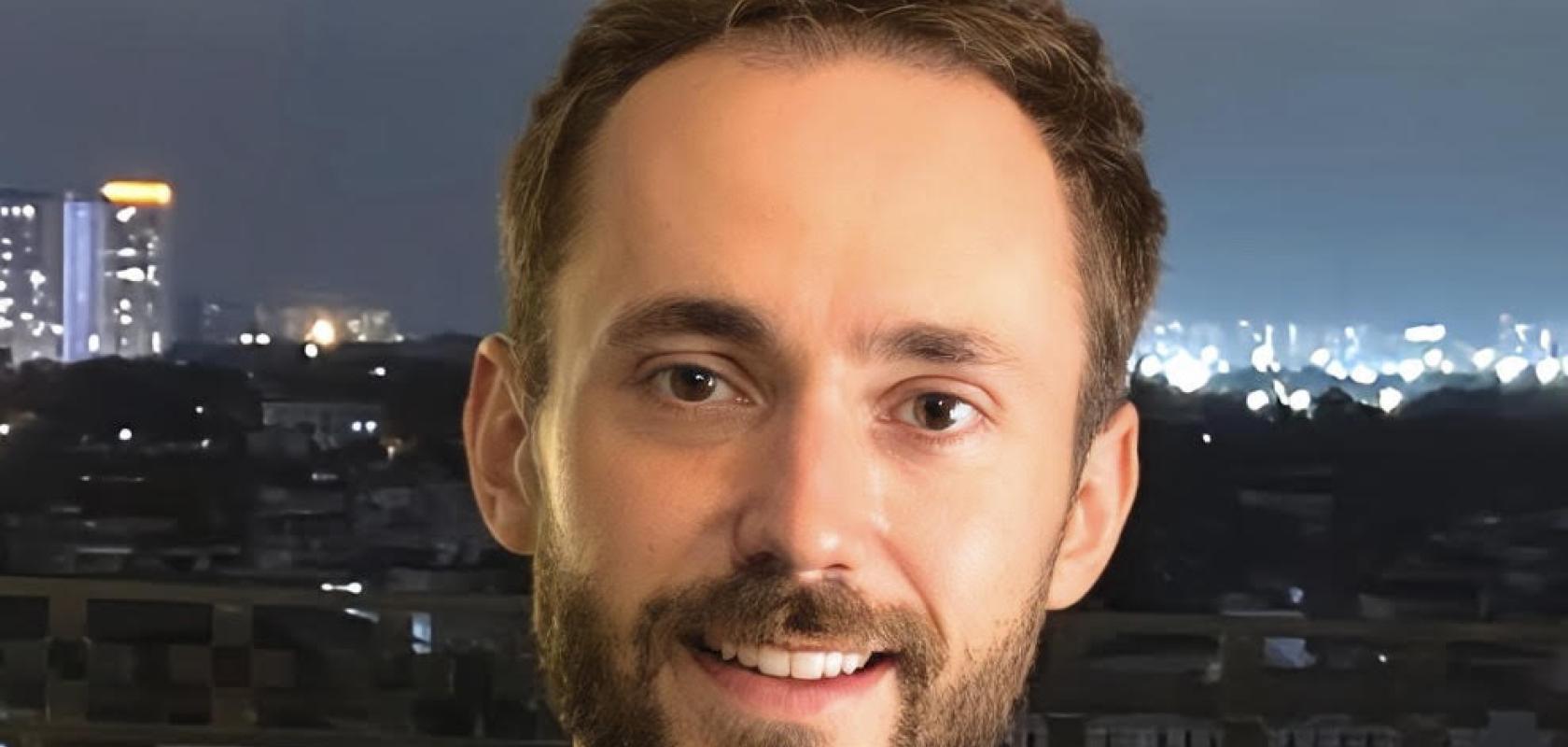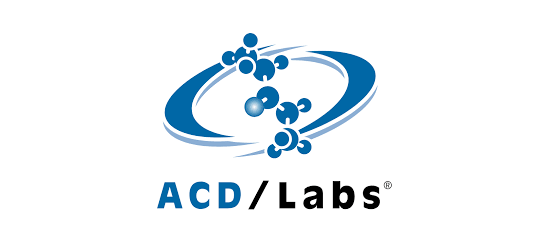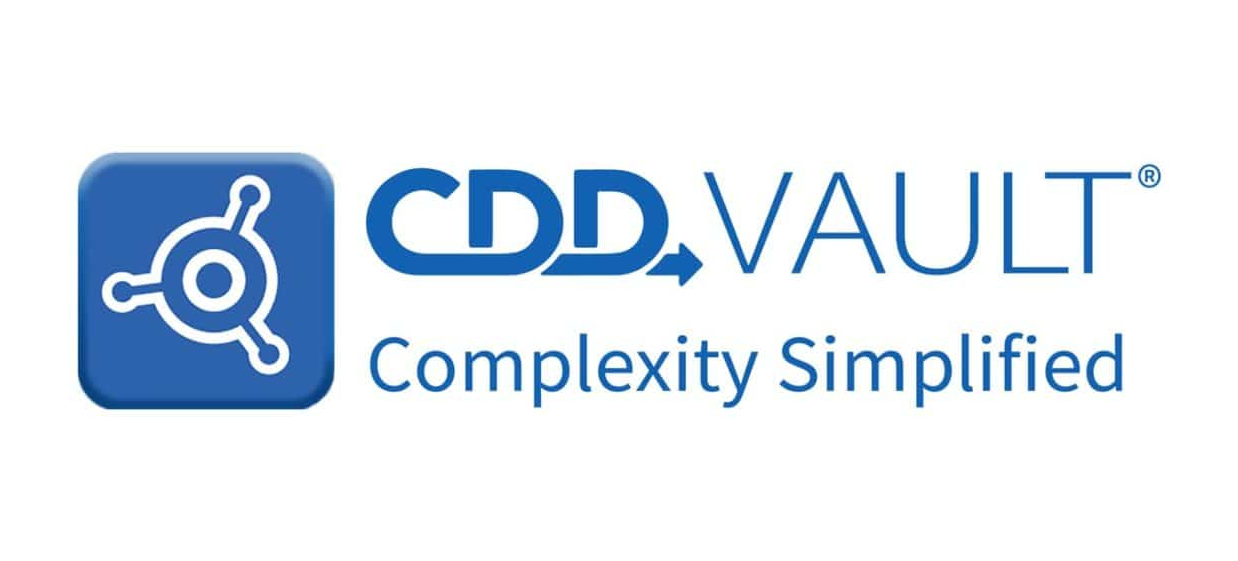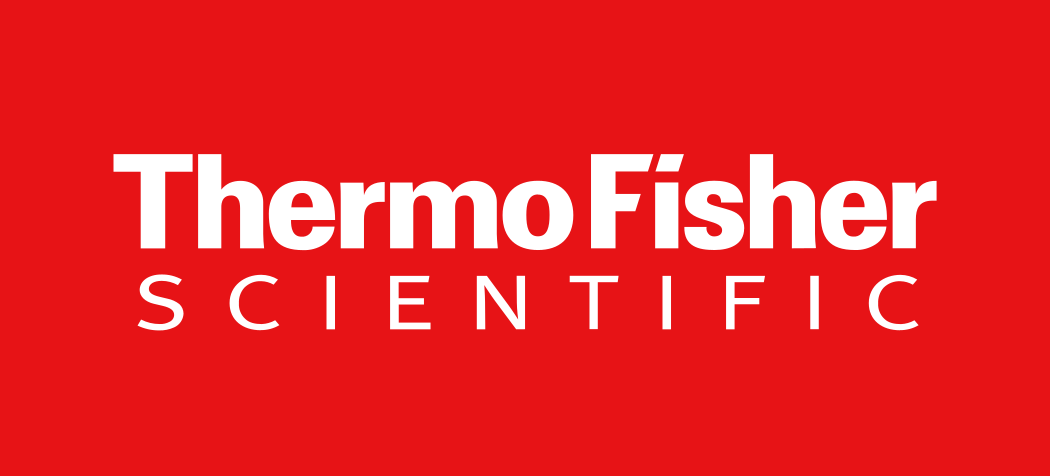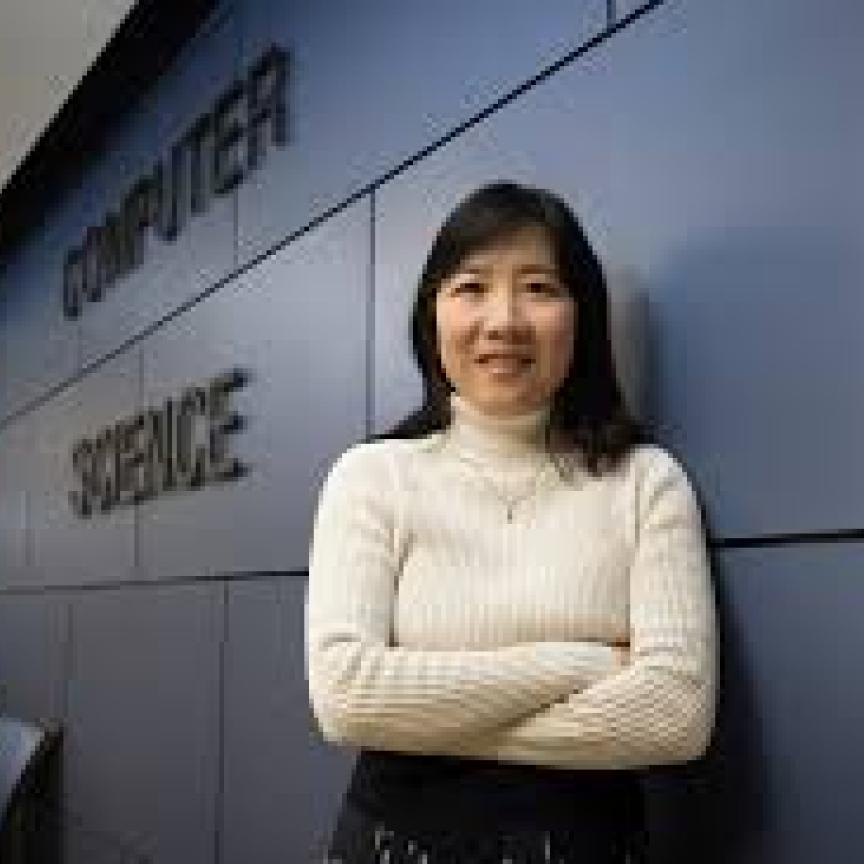Universal Quantum has joined the Open Quantum Institute (OQI), an initiative hosted by CERN in partnership with GESDA, to launch a pioneering effort applying quantum simulation to endometriosis, a chronic condition impacting approximately 10% of women globally.
The collaboration will unite experts in biomedicine and computational chemistry to explore non-hormonal, shelf-stable therapeutics, embedding quantum insights into drug-discovery workflows to benefit underserved regions.
UQ plans to advance the field of quantum computing by engineering modular trapped-ion quantum systems designed to scale to millions of qubits, all within an industrially manufacturable framework. Their core innovation lies in the iQPU (integrated Quantum Processing Unit), a trapped-ion chip built on standard 200 mm silicon foundry technology, housing hundreds of qubits driven by global microwave control instead of complex laser optics. To connect these modules, Universal Quantum developed UQConnect, a record-breaking interconnect enabling 2,424 links per second at an ultra-high fidelity of 99.999993 %, enabling scalable inter-module communication efficient enough to pave the way toward million-qubit architectures.
However, Dr Mark Webber, Head of Quantum Algorithms at Universal Quantum, stresses that there has always been a focus on solving real-world problems, not just building the largest quantum system.
Can you tell me about yourself and your role at UQ?
Webber: I’m the Head of Quantum Algorithms at Universal Quantum. Before that, I completed my PhD with the Ion Quantum Technology Group at the University of Sussex, the research group from which Universal Quantum spun out several years ago.
My PhD was in theory, while my colleagues focused on building trapped-ion hardware. I worked on how to use a quantum computer and optimise its performance. I joined Universal Quantum in its early days when there were about eight employees; today, we have more than 100. Over the past four to five years, it’s been rewarding to see the company and my own team grow.
My team has two main areas of responsibility. First, we work with end users to understand applications, mapping classical problems to quantum algorithms and then onto our hardware. Second, we focus on quantum error correction, which is crucial because today’s qubits are not reliable enough for large-scale applications.
Isolating a quantum system from its environment while maintaining precise control is extremely challenging, which leads to imperfect qubits. For example, an error might occur roughly once in every thousand operations. To run meaningful applications, we need far better quality qubits, and error correction provides that through redundancy, similar in spirit to classical error correction in communication systems.
How many qubits are required for practical applications? Are all qubits equally useful?
Webber: In practice, we need 100–1000 physical qubits for each logical qubit. In our case, each qubit is a trapped ion atom, and scaling to practical applications requires hundreds of thousands or millions of qubits, many orders of magnitude beyond today’s devices, which are in the hundreds. Universal Quantum’s mission has always been to tackle this scalability challenge, focusing on how to reach a million qubits as efficiently as possible.
Different hardware platforms have their own strengths and weaknesses. Superconducting qubits (IBM, Google), photonics, and trapped ions all vary in fidelity, speed of operations, and connectivity. Trapped ions are known for the highest fidelities, while superconducting qubits are faster. Connectivity is another key differentiator: superconducting systems typically allow only nearest-neighbour interactions, requiring chains of gates to connect distant qubits, which introduces errors. By contrast, trapped ions can be physically shuttled, enabling high-fidelity long-range connectivity. This has significant benefits both for near-term algorithm design and especially for error correction, where long-range connectivity allows for more efficient codes, reducing the number of qubits and runtime required.
How do you choose which applications are likely to provide a good candidate for quantum computing?
Webber: When choosing suitable quantum algorithms, the key idea is the complexity advantage. Quantum computers are not faster versions of classical computers; they solve specific problems in fundamentally different ways. Problems that scale exponentially on classical machines, such as factoring large numbers or simulating molecules, are well-suited to quantum algorithms. Chemistry simulation, in particular, is one of the most exciting applications. Classical computers quickly become intractable when modelling molecules of realistic size and complexity, while quantum computers can exploit quantum properties directly.
In drug discovery, for example, companies already rely heavily on computational methods, but classical simulations are limited in accuracy and scale. Approximations and machine learning help, but still fall short. Quantum computers could one day provide exact simulations of complex biological environments, unlocking insights into drug binding and molecular interactions. In the near term, hybrid approaches, combining quantum computers with classical techniques, may provide earlier benefits.
This is particularly relevant to our collaboration through the OQI project, where we focus on applying quantum chemistry to women’s health and endometriosis. Universal Quantum’s vision is to build quantum computers for the benefit of humanity, so working on impactful real-world applications like this is a natural fit.
What are the main challenges remaining for fault-tolerant quantum systems?
Webber: The main hurdles are both technical and collaborative. On the technical side, we need much larger, error-corrected hardware. On the collaborative side, we must work closely with domain experts in areas such as drug discovery, who understand the bottlenecks of classical methods. Our role is to identify subroutines where quantum computing can provide an advantage and integrate them into existing workflows. We’ve followed this model in projects with partners such as Rolls-Royce on fluid dynamics, and we’re taking a similar approach in life sciences.
How does the collaboration with OQI help accelerate quantum development?
Webber: Being part of OQI is valuable because it connects us with a broad ecosystem of researchers and industry partners, helping shape how we prioritise algorithm development. We’re organising workshops to bring communities together and align on realistic goals: what machine specifications are needed, what timelines are feasible, and how quantum computing will complement classical methods.
Finally, we design algorithms with scalability in mind. While we explore demonstrations on near-term hardware, our focus is on algorithms suited for large-scale, fault-tolerant quantum computers. That’s where we expect the most significant, long-term advantages to be realised.
Dr Mark Webber is the Head of Quantum Algorithms at Universal Quantum

